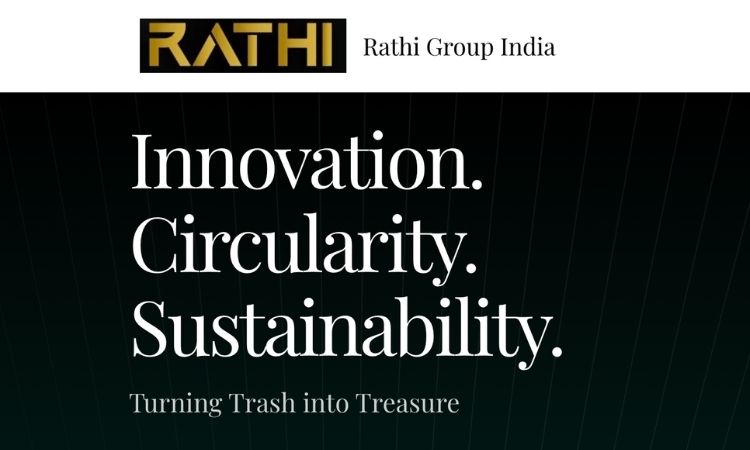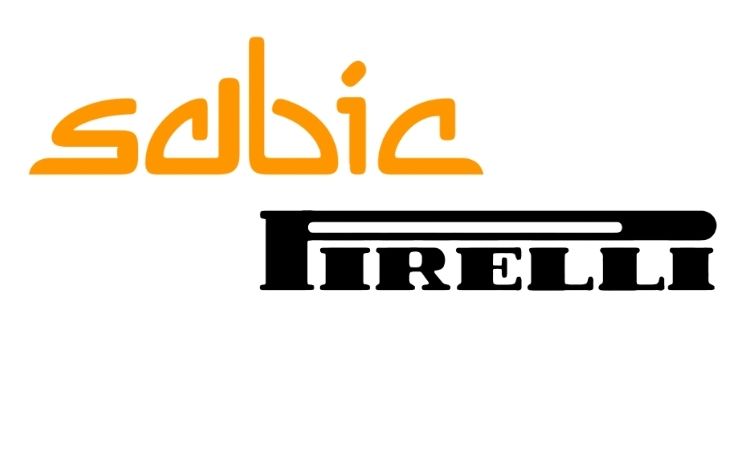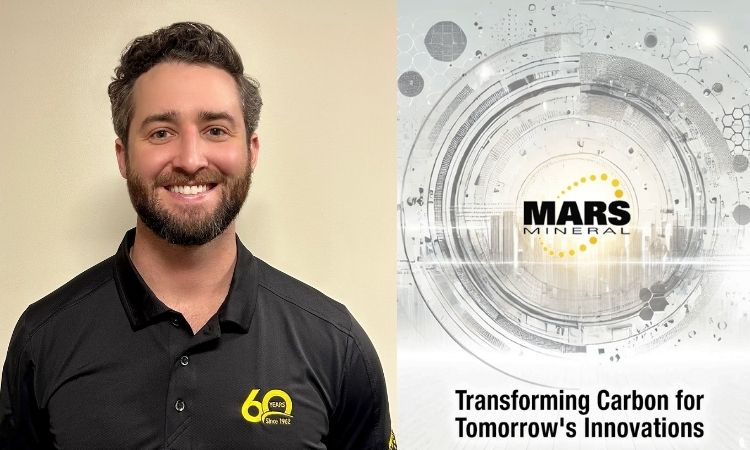Roads in Alabama Park are now paved with rubber modified asphalt
Recently, officials with the Alabama Department of Conservation and Natural Resources and the Alabama Department of Environmental Management showed off newly resurfaced roads and parking areas at Lake Guntersville State Park paved with rubberized asphalt made with materials from end-of-life tires.
A $829,080 grant from ADEM to Alabama State Parks helped pay for the park's repaving, which used asphalt modified with rubber from ground-up old tires. The funds come from ADEM's Scrap Tire Fund, which is managed by the state. Each tire sold in the state contributes one dollar to the fund, which is used to remove scrap tires from illegal dumps, along roadsides, and other locations, as well as promote tire recycling.
The new pavement, thanks to its rubber composition, is stronger, smoother, and will endure longer, according to ADCNR Commissioner Chris Blankenship.
“We were thrilled with the opportunity to resurface the roads and paved areas of the park with a material that will require less maintenance, hold up better in all kinds of weather conditions and greet park-goers with a more pleasant ride,” Blankenship said. “We are extremely grateful to ADEM for making this money available.” The grant covered the costs of repaving access roads and parking areas for the lodge and campground store. State Parks put in an additional $500,000 to pave other roads in the park with the special asphalt.
The paving at State Parks, according to ADEM Director Lance LeFleur, is a great example of how discarded tires can be put to good use.
“The best way to deal with old tires is to find an alternative beneficial use, thereby creating a market for them. If scrap tires had more value, fewer of them would be dumped and become environmental problems.”
According to LeFleur, the Scrap Tire Fund is used to reimburse local governments for the costs of collecting up end-of-life tires along highways and clearing unauthorized tire dumpsites, in addition to funding demonstration projects.
According to studies, asphalt made of ground-up tires has a lots of advantages over traditional asphalt. Rubber-modified asphalt is quieter, lowers tire wear, improves fuel mileage due to decreased rolling resistance, and is safer due to increased traction and reduced misting on wet roads, in addition to lasting up to 50% longer and being less prone to potholing and cracking.
Blankenship said the parks system plans to use rubber-modified asphalt to repave roads at DeSoto State Park later this year.
To learn more, please proceed to the article by Alabama Political Reporter.
Weibold is an international consulting company specializing exclusively in end-of-life tire recycling and pyrolysis. Since 1999, we have helped companies grow and build profitable businesses.









